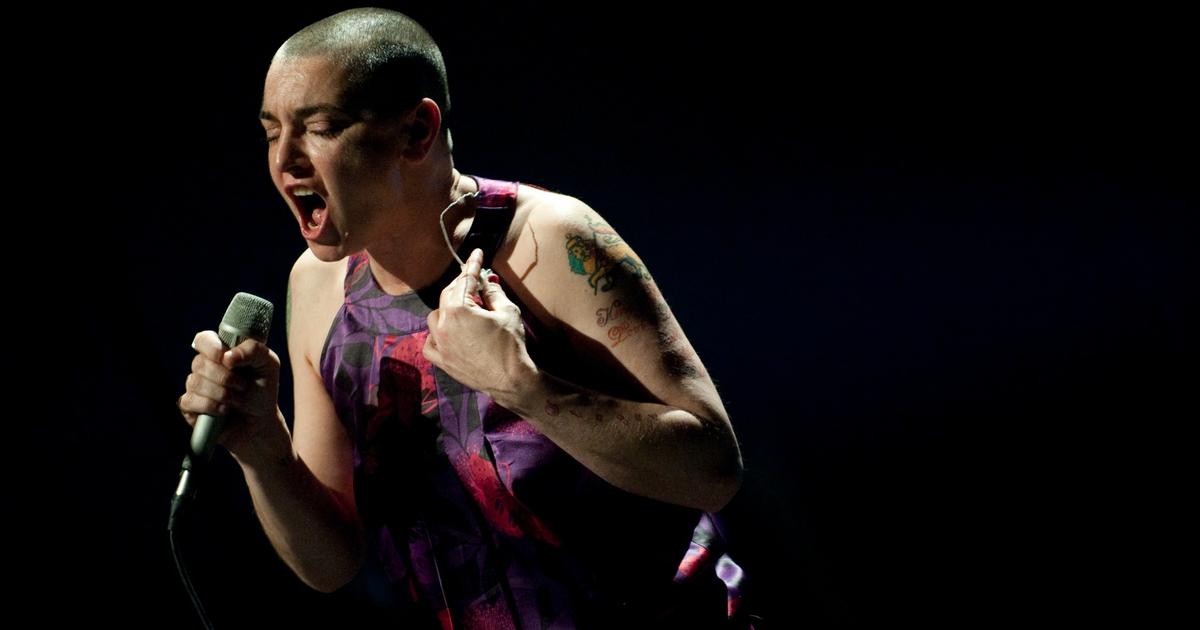Associate researcher at Iris, Jean-Yves Camus directs the Observatory of Political Radicalities of the Jean-Jaurès Foundation (think-tank).
For an outside eye on the right, the cross interview between Pierre-Romain Thionnet;
Stanislas Rigault and Guilhem Carayon appeared in the columns of
L'Incorrect
hardly innovates, since it pursues, without for the moment catching up with it, the objective of a union of the rights which has been, for several years, the Arlesienne of political life.
We are here faced with a fairly classic generational fact: the leaders of political party youth movements feel that they belong to the same world while their elders, holders of mandates or aspiring to obtain them, must differentiate themselves from their competitors and are subject to tactical imperatives that can distance them from each other, while they share a broad common base.
In my memories of the late 1970s, little separated UNI members from those of the PFN and the students of the Institute of Political Studies who founded the
Read alsoThe “union of the rights”: taboo, impasse or Arlesian?
The first limit of this interview is the vector:
the Incorrect
is a quality monthly that has been around for the long term, but it does not reach (and does not claim to reach) the right-wing masses.
However, the question of the union of the various components of these, Les Républicains, RN and Reconquête, will really become a priority when it is debated in each section of each of these parties, when a fracture is formed between the militants who accept it and those who reject it.
Then inevitably, because politics is a balance of power, the moment will come when, in this union, if it happens, each of the parties will receive its share and nothing but its share, in proportion to what it represents, not only electorally on the basis of the last presidential election, but in terms of local mandates.
It is indeed a problem of the future (?) union of the French rights: one of the parties will benefit more from it than the others and it is hard to see the Republicans, with their old culture of government, agreeing to give up playing their own score. .
Jean-Yves Camus
This raises questions about the model of the union of the Italian rights evoked by Stanislas Rigault: the Italian people have brought to power a parliamentary coalition, while the rights must first elect a President of the Republic in 2027 and one imagines bad that they line up behind a single candidacy.
Italian deputies are also elected, for the majority of them, by proportional representation, which is not the case here.
Finally, is the victory of Giorgia Meloni really that of an ideological software common to the Lega, to Fratelli d'Italia and to the friends of Silvio Berlusconi?
Only in part: within the coalition, a once minor partner (Fratelli) has supplanted other once major ones.
It is indeed a problem of the future (?) union of French rights:
The three interviewees draw, however, a fairly new ideological landscape of the right, since they agree on the fact that the political priority is the future of France as a Nation whose citizens share a common ethos which is no longer only defined by the contractual nature of citizenship but also by an ethnocultural substrate, a long-term rooting, in short, on the certainty that, barring individual exceptions, extra-European immigration cannot be integrated.
If we go to the end of the reasoning, and the protagonists of the debate do not go there, it is a Copernican revolution!
Society is no longer based on the rights of individuals but on communities in the sense of before 1789 and customs, which are only a legacy.
the “national utopia”
, the built Nation.
The Nation could then only be what Patrick Deneen calls a culture of shared values and traditions.
Will the rights want to take this path?
The union of the French rights remains dependent on
reactions
: against immigration, against downgrading, against the dominant thought
Jean-Yves Camus
To conclude, the debate published in
L'Incorrect
suffers from one final shortcoming: it remains very political in terms of current events and electoral deadlines.
Significantly, the cross-interview appears before the essential pages of the issue, those devoted to Etienne Gilson, the neo-Thomist, then those which, dealing with political philosophy, question Gladden Pappin, Deneen and Rod Dreher, who build a counter- doctrinal (and largely Catholic) offensive against liberalism.
The union of the French rights remains dependent on
reactions
: against immigration, against downgrading, against the dominant thought.
It does not yet have an ideological foundation that articulates a global alternative to liberalism.
SEE ALSO
- Convergence between LR, RN and Reconquest: "The union of the rights is at a standstill", tempers Marylou Magal










/cloudfront-eu-central-1.images.arcpublishing.com/prisa/KMEYMJKESBAZBE4MRBAM4TGHIQ.jpg)


